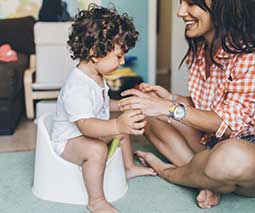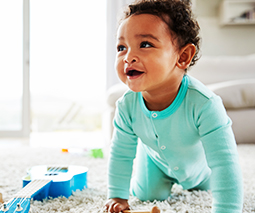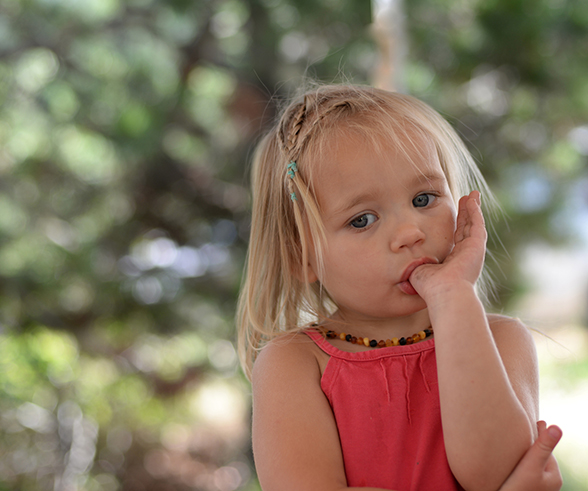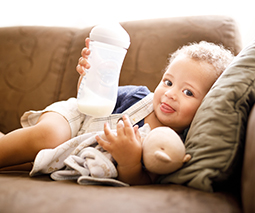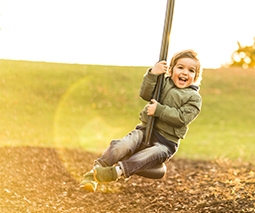What everyone gets wrong about praising children

Praising children has copped a bit of a bad rap. It’s often thought that too much praise equals entitled children – but that isn’t the case.
Julie Green is the Executive Director of Raising Children Network. She says praising children, or giving positive attention, is essential for development.
“It’s important to all children because the thing about using praise is that it shows children how to think and talk positively about themselves. And all kids need to learn how to recognise when they’ve done well and to give themselves a pat on the back,” says Julie.
Listen to Julie Green on Feed Play Love:
What is positive attention?
The good news is that you’re probably already giving your child plenty of positive attention. But here’s why it’s so important, and why it’s unlikely that your sweet angel will turn into a narcissist.
“What it looks like is parents showing warmth, showing interest in their child and helping their child to feel secure and valued,” explains Julie. “It’s one of those things that’s great to have in the tool kit from birth.”
And the effects will last well into adulthood.
“Being warm, being sensitive and flexible, being nurturing and being responsive, all those behaviours act as a buffer against negative effects in life,” says Julie.
“They help to build some of the fundamental things that carry children through life. And that’s things like feeling valued, self-esteem and resilience. They’re core to children doing well from very early on, from the beginning of life, right through to adulthood.”
Serve and return
For babies who don’t have any verbal communications skills yet, Julie likes to use a tennis analogy, serve and return, to explain to parents how they can offer praise to their bub.
“The concept of serve and return can be applied to things like, when a baby points to something … or when they smile at something, that’s them serving up something to the adult carer. And the return part is the response that the baby gets to that particular behaviour.
“It’s the adult repeating back, saying, ‘Oh, you’ve spotted a dog.’ ‘Oh, what can you see?’
“So this notion of serve and return can be really helpful for very young infants who can engage, to assess whether their adult carer is tuned into them and paying attention when they’re looking for that attention.”
“Catch them being good”
As for toddlers, when their language skills start to develop, positive attention is about praising good behaviour.
“Talk to them about what you like about what they’re doing. So catch them being good. That’s a really nice element of positive attention. For example, you might say, ‘Gee, I love it when you clear up the blocks when we finish playing,'” says Julie.
“It’s telling kids that adults are the people who are caring for them in their life and have their back.”
In a world where parenting is becoming overcomplicated, it’s reassuring to know that simple, everyday interactions with little ones can have such a positive impact.
